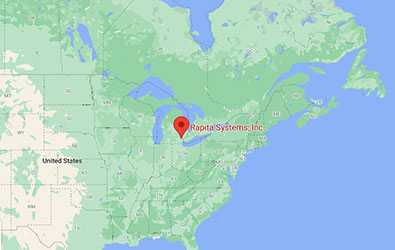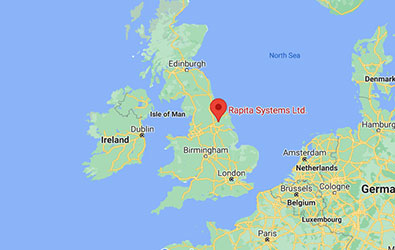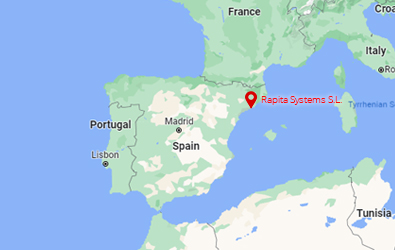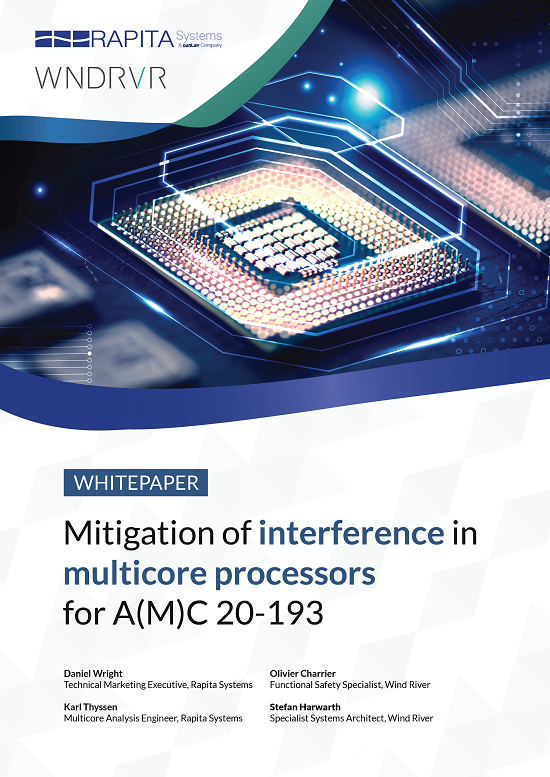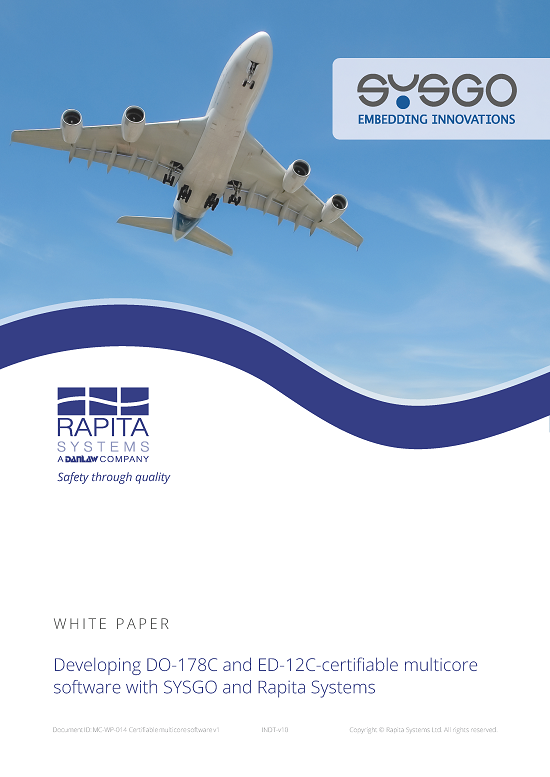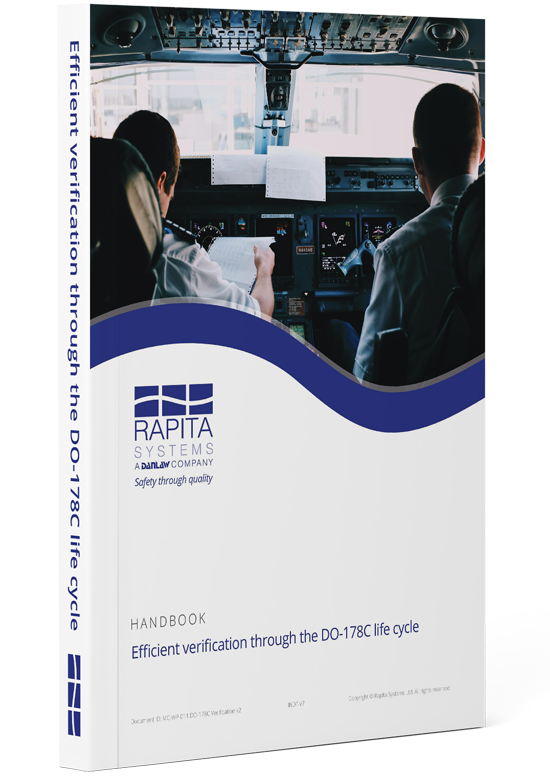 With an office full of software engineers and developers, it’s no surprise why a recent story on the BBC’s website caused quite a stir in the Rapita office.
With an office full of software engineers and developers, it’s no surprise why a recent story on the BBC’s website caused quite a stir in the Rapita office.
The Raspberry Pi is a credit-card sized mini computer without a case. 10 trial versions recently attracted bids of more than £3000 in an eBay auction. The people behind its development have accumulated a mailing list of 50,000 members.
So what’s the attraction for Rapita staff (and, it seems, thousands of other people)?
“Some of us cut our coding teeth on similar projects such as the BBC Micro in the 1980s”, said Andrew Coombes, Marketing and Engineering Services Manager at Rapita Systems.
“The Raspberry Pi is a real throwback to the days when lots of children began to take an interest in software engineering. I should know, I was one of them”.
In fact the BBC story says pretty much the same thing, claiming many “in the UK IT industry trace their interest in computing back to such early coding experiences”.
“BBC Basic”, the story continues, “the programming language which ran on the machines, provided a gentle introduction to the challenges of coding”.
The makers of the Raspberry Pi hope their invention can persuade children to take up coding and continue their interest into adult life, especially since a recent report highlighted the low number of teachers qualifying in computer science.
A school governor in his spare time, Andrew Coombes acts as an ICT link with one eye on the best ways to help children develop their skills.
“It’s a real shame that ICT in schools concentrates on teaching Microsoft Office instead of developing the next generation of software developers. There is a real shortage in this area,” he says.
That’s for the future. In the present, since beauty is always in the eye of the beholder, the Raspberry Pi must have something which catches the eye.
The answer is the absence of a case. You can see exactly what is inside the miniature computer, processor and all. This makes it all the more interesting to anyone with a background in software engineering.
“Software engineers like to know what they are dealing with”, continues Coombes.
So there’s one person who graduated from the BBC Micro to working on some of the most sophisticated computing systems on the planet. Will the Raspberry Pi motivate the next generation to take up software engineering?
http://www.bbc.co.uk/news/technology-16424990

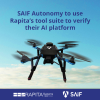 SAIF Autonomy to use RVS to verify their groundbreaking AI platform
SAIF Autonomy to use RVS to verify their groundbreaking AI platform
 Hybrid electric pioneers, Ascendance, join Rapita Systems Trailblazer Partnership Program
Hybrid electric pioneers, Ascendance, join Rapita Systems Trailblazer Partnership Program
 Magline joins Rapita Trailblazer Partnership Program to support DO-178 Certification
Magline joins Rapita Trailblazer Partnership Program to support DO-178 Certification
 How to certify multicore processors - what is everyone asking?
How to certify multicore processors - what is everyone asking?
 Data Coupling Basics in DO-178C
Data Coupling Basics in DO-178C
 Control Coupling Basics in DO-178C
Control Coupling Basics in DO-178C
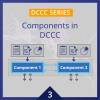 Components in Data Coupling and Control Coupling
Components in Data Coupling and Control Coupling
 DO-278A Guidance: Introduction to RTCA DO-278 approval
DO-278A Guidance: Introduction to RTCA DO-278 approval
 ISO 26262
ISO 26262
 Data Coupling & Control Coupling
Data Coupling & Control Coupling
 Verifying additional code for DO-178C
Verifying additional code for DO-178C
 DO-178C Multicore In-person Training (Bristol)
DO-178C Multicore In-person Training (Bristol)
 XPONENTIAL 2025
XPONENTIAL 2025
 Avionics and Testing Innovations 2025
Avionics and Testing Innovations 2025
 DO-178C Multicore In-person Training (Fort Worth, TX)
DO-178C Multicore In-person Training (Fort Worth, TX)










